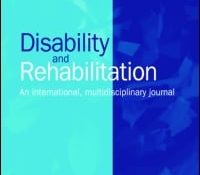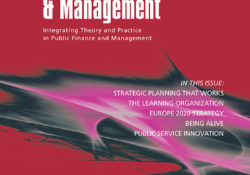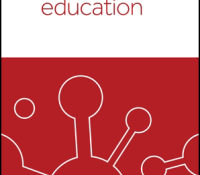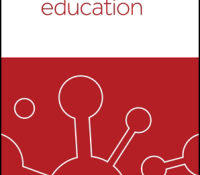tandfonline.com har udgivet en rapport under søgningen “Teacher Education Mathematics”: The utility of the International Classification of Functioning construct as a statistical tool – operationalizing mental health as an indicator of adolescent participation Link til kilde
Like this:
Like Loading...
tandfonline.com har udgivet en rapport under søgningen “Teacher Education Mathematics”: ABSTRACT ABSTRACT Teacher feedback can be described as a complex interactional pattern between teacher and student. Formative outcomes of assessment are considered to be enhanced when students understand aims and criteria. In order to better understand the processes of teacher feedback and to improve teaching and classroom assessment, there is a need for research on students’ perspectives on feedback. The present study aims to conceptualise how primary-school students construct meaning from teacher feedback. The study was based on focus group interviews with 23 students in grades 2 and 3 (7–9 years old). Constructivist grounded theory was used throughout the study. According to the findings, primary-school students conceptualise teacher feedback as communicating a lot of “musts”, centred on learning, involving what the… Continue Reading →
Like this:
Like Loading...
tandfonline.com har udgivet en rapport under søgningen “Teacher Education Mathematics”: Link til kilde
Like this:
Like Loading...
tandfonline.com har udgivet en rapport under søgningen “Teacher Education Mathematics”: Abstract Abstract Academic self-efficacy is mostly construed as specific; task-specific, course-specific or domain-specific. Previous research in the Danish university context has shown that the self-efficacy subscale in the Motivated Strategies for Leaning Questionnaire is not a single scale, but consists of two separate course- and activity-specific scales; the Specific Academic Learning Self-Efficacy Scale (SAL-SE) and the Specific Academic Exam Self-efficacy scale (SAE-SE). The SAL-SE and the SAE-SE subscales have previously been found to fit the Rasch model, have excellent reliability, and initial evidence of criterion validity has been established. The aim of this study was to conduct a new validity study of the SAL-SE and SAE-SE scales in the Danish university context. Specifically, whether the original findings of fit to… Continue Reading →
Like this:
Like Loading...
tandfonline.com har udgivet en rapport under søgningen “Teacher Education Mathematics”: Abstract Abstract This study aimed to examine the psychometric characteristics of the Arabic version of the Teacher Efficacy for Inclusive Practices (TEIP) scale. Data were collected from 432 participants in Saudi Arabia—185 in-service and 247 pre-service teachers. A statistical analysis was conducted using the following methods: Confirmatory Factor Analysis (CFA), Exploratory Factor Analysis (EFA), misfit analysis via Rasch modelling, and reliability Cronbach’s alpha coefficients. Good internal consistency coefficients were obtained for the TEIP scale and each of its three subscales (>.8). Acceptable fit indices were obtained from the confirmatory factor analysis (CFA) for a scale with 18 items in three subscales: inclusive instructions, collaboration, and managing behaviour. In conclusion, the Arabic version of the TEIP scale is valid with Arabic… Continue Reading →
Like this:
Like Loading...




